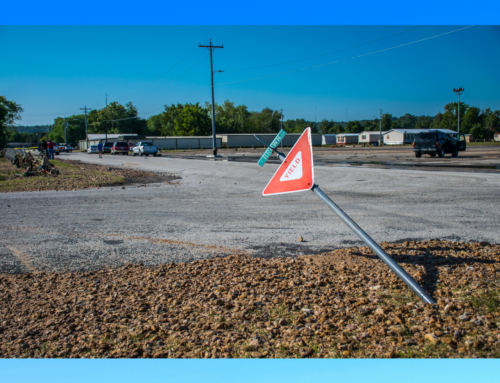 Marion, Ohio, like much of our country, is suffering from the effects of the heroin/opioid epidemic, which lately is driving a great deal of what takes place in our criminal justice system and social service agencies.
Marion, Ohio, like much of our country, is suffering from the effects of the heroin/opioid epidemic, which lately is driving a great deal of what takes place in our criminal justice system and social service agencies.
In Marion County most children services cases involve drug addiction. Our mental health agencies devote much of their time to the treatment of individuals with drug addictions. In the Community Based Correctional Facility serving Marion, almost all residents, prior to entry, tested positive for opioids.
There are five judges in Marion County. We have four special docket drug-related courts and two reentry courts. The drug court in our Marion Municipal Court works with low-level offenders. The second drug court is for felons in our Common Pleas Court. This court averages more than 50 participants each Monday and takes up almost a full day of one of our judges.
There also is a drug court for juveniles. Through our family court there is a Family Dependency Treatment Court working with parents with addictions who have lost custody of their children or are in danger of doing so. In addition as noted, Marion County has two reentry courts: one for juveniles returning from juvenile detention facilities and one for adults returning from correctional facilities.
Our community has brought together multiple individuals and agencies to address this epidemic. A number of Getting Ahead (GA) and Getting Out (GO) graduates and facilitators are involved in this effort. Many GO graduates have successfully completed drug court or reentry court. GA and GO are programs of aha! Process.
Our graduates and facilitators work throughout our community, including GO/GA graduates working at sober living houses, at our counseling center, at our local Bridges Out of Poverty program, and at Habitat for Humanity.
A GO facilitator is employed as a probation officer by our probation department. She works with the reentry court and local residents incarcerated in our Community Based Correctional Facility.
Another facilitator owns a staffing agency that specializes in finding employment for citizens returning from incarceration. Many returning citizens obtain employment immediately upon their release from incarceration. Another facilitator is a member of Specialized Dockets Courts and sits in on other courts where he can continue working with GA/GO graduates.
One program Marion has taken advantage of is expanded Medicaid, made possible under the federal Affordable Care Act (ACA). Through the Medicaid program, which Governor John Kasich has implemented in Ohio, thousands of Ohioans who were not eligible in the past now have Medicaid. This is vitally important to people suffering from opioid addiction. People suffering from addiction can now get treatment from mental health providers, which often was unavailable to them in the past.
Of related and equal importance is specific medication, when combined with mental health treatment, that has been shown to be effective in assisting recovery from heroin addiction. One such drug is Vivitrol. It is a monthly injection that costs about $1,000 a month and is covered by Medicaid.
Some residents currently incarcerated in a Community Based Correctional Facility (and who are addicted to opioids) can obtain the Vivitrol injection prior to their release or on the same day of their release. This improves the probability that, along with the injections and other programming, returning citizens can be successful upon their release from incarceration.
It seems that many members of congress and our president are planning to repeal ACA. If it is repealed and not replaced by a program that continues expanded Medicaid coverage, much of the important work that our communities have done will be lost.
Mitchell A. “Mitch” Libster, Marion, Ohio, is co-author (with Philip E. DeVol and Michelle R. Wood) of the 2015 workbook Getting Ahead While Getting Out: A Prisoner Reentry Model to Reduce Recidivism Through Learning, Building Resources, Accountability, and Collaboration. For 33 years he was managing attorney of the Marion Branch of the Legal Aid Society of Marion, retiring in 2013. Now, in addition to involvement with a number of community programs and boards, Libster facilitates classes of Getting Ahead while Getting Out.








